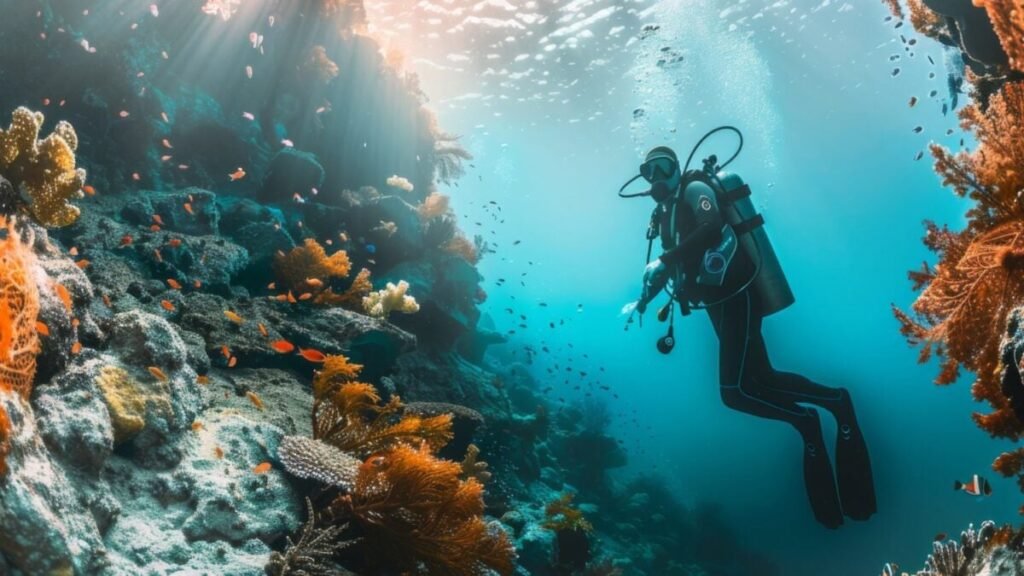Suspicious origins: marine sponges and the start of complex life

The mystery of the first animals on Earth is still unsolved, but a new study from MIT published in PNAS suggests that marine sponges might have been among the early inhabitants of the planet. Biomarkers found in rocks from the Ediacaran period provide valuable clues about the oldest complex life forms. The combination of geological, biological, and chemical evidence offers a unique insight into the beginnings of animal life.
### Sponge Time Travel
Researchers Shawar and Summons examined sedimentary rocks from Oman, India, and Siberia, discovering sterols of 30 and 31 carbons that are typically found in cell membranes of marine sponges. This special finding sheds light on the presence of these ancient creatures in Earth’s history.

### Testing, Testing, 1, 2, 3
To confirm their discovery, the team compared the compounds with present-day sponges and conducted lab simulations to synthesize 31-carbon sterols. The results revealed that these compounds are unlikely to form through abiotic processes, providing strong evidence that supports the theory of sponges being among the first animals on Earth.
### Unveiling Earth’s Past
While the discovery raises more questions about the appearance of these ancient sponges, it offers a fascinating look into the origins of complex life on our planet. The research not only advances our understanding of early life forms but also provides a framework for identifying biological signals in geological records. This breakthrough can potentially aid in the search for primitive organisms on other planets, opening up new possibilities for astrobiology research.






